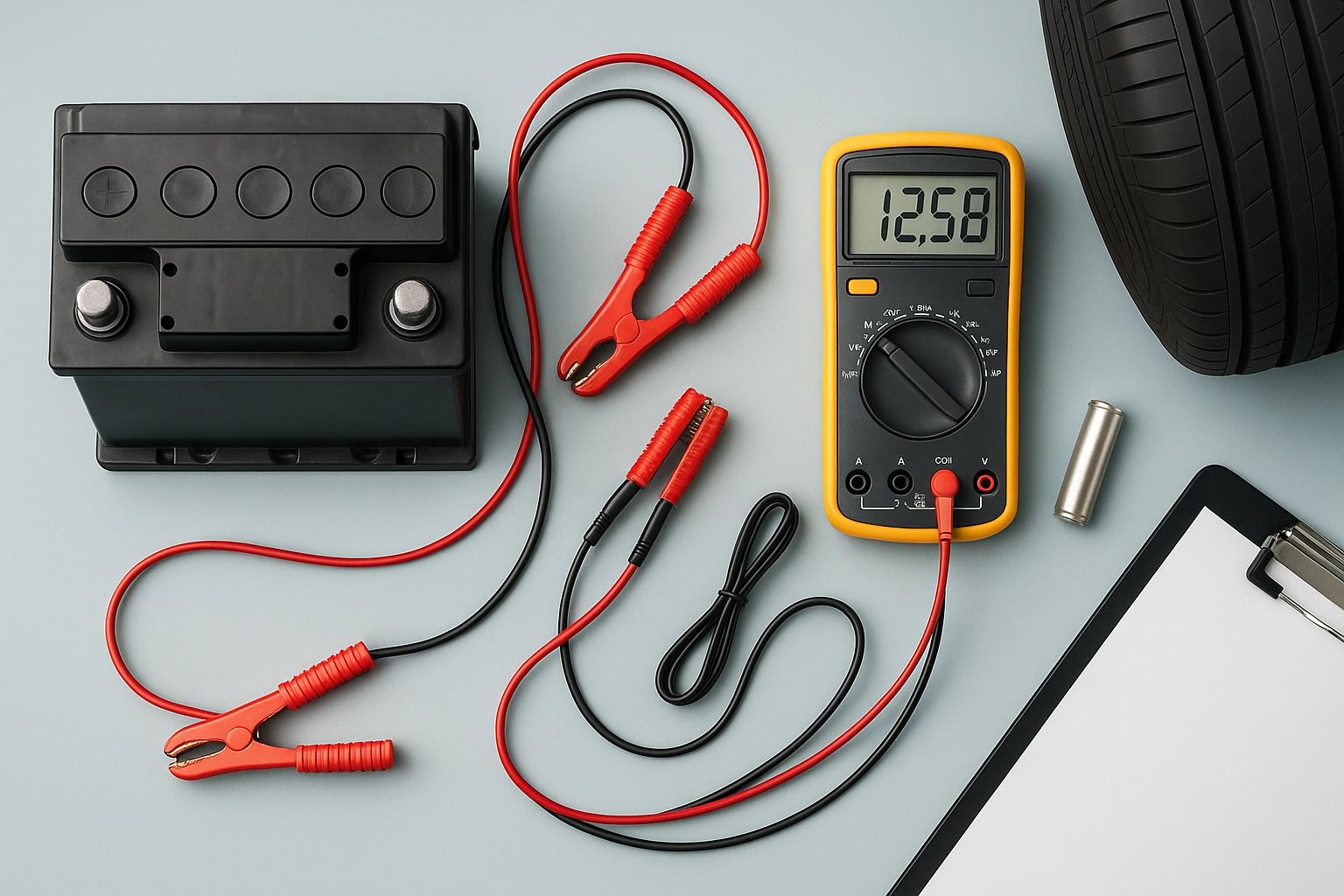IEC 62923 EV Battery Thermal Runaway Resistance Test
The IEC 62923 test is a critical procedure used to evaluate the thermal runaway resistance of Lithium-ion batteries and battery packs intended for use in electric vehicles (EVs). This standard ensures that batteries can withstand extreme temperatures without igniting, thereby enhancing safety during manufacturing, storage, transportation, and end-of-life disposal.
Thermal runaway is a cascading effect where the temperature of a battery rises rapidly due to internal or external factors. If not contained, this can lead to overheating, fire hazards, and even explosions. The IEC 62923 test aims to identify potential weaknesses in battery design that could contribute to such events.
The primary apparatus used for this test includes a specially designed oven capable of reaching high temperatures while controlling the rate at which heat is applied. A specimen holder ensures precise positioning of the battery within the oven. The test involves subjecting the battery or battery pack to controlled thermal stress and monitoring its behavior over time.
Specimen preparation for this test typically includes ensuring the integrity and consistency of the battery cells being tested. This may involve calibrating charging cycles, ensuring full charge states, and preparing the battery in a manner consistent with real-world use conditions.
The IEC 62923 standard specifies detailed acceptance criteria that determine whether a battery passes or fails the test. A passing battery should not exhibit any signs of thermal runaway, such as visible flame, smoke, or significant temperature rise beyond predefined limits. Failure indicates potential risks associated with the battery’s design and operation.
The results of this test are crucial for automotive manufacturers and suppliers who must comply with international safety regulations. By identifying vulnerabilities early in the development process, these stakeholders can implement necessary modifications to enhance product safety.
| Industry Sector | Application |
|---|---|
| Automotive Manufacturing | Ensuring safety of EV batteries during manufacturing and storage. |
| R&D Engineering | Evaluating new battery designs for thermal stability. |
| Compliance | Meeting international safety standards like IEC 62923. |
- Achieving compliance with IEC 62923 for EV battery manufacturers.
- Evaluating the thermal stability of Li-ion batteries in real-world conditions.
- Identifying design flaws that could lead to thermal runaway.
- Ensuring long-term safety and reliability of EV battery systems.
Eurolab Advantages
At Eurolab, we offer comprehensive services tailored specifically for the automotive sector. Our expertise in conducting IEC 62923 tests ensures that our clients receive accurate and reliable results.
- We employ state-of-the-art equipment to replicate real-world conditions accurately.
- Our team of experienced engineers provides thorough analysis and reporting, ensuring you have all the insights needed for decision-making.
- We offer flexible scheduling options to accommodate your project timelines.
Why Choose This Test
The IEC 62923 test is essential for ensuring the safety and reliability of EV batteries. By identifying potential thermal runaway risks early, this test allows manufacturers to make necessary adjustments before product release.
- Ensures compliance with international standards like IEC 62923.
- Reduces the risk of fire hazards and explosions associated with lithium-ion batteries.
- Enhances consumer confidence in EV safety, promoting broader adoption of electric vehicles.





